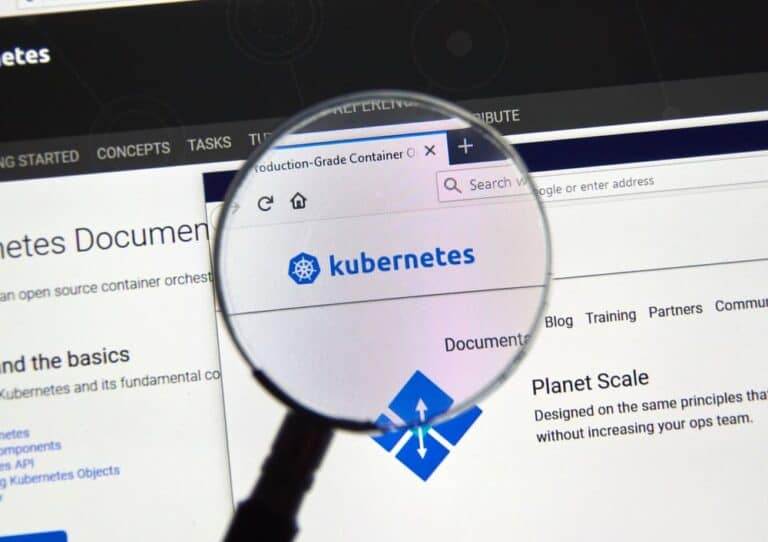Kubernetes 1.26 is now available. The update brings new security and management features.
One of the most important additions is a remedy against malware packaged as legitimate software. Kubernetes has adopted Cosign to sign software releases. The new feature prevents cybercriminals from packaging malware as platform updates.
Keyless signing allows Kubernetes developers to sign every platform update with metadata and code. Users can analyze the metadata to rule out foul play before running an update. This reduces the risk of developers accidentally installing malicious files.
Maintenance improvements
In addition to security functionality, the update comes with features that should simplify platform maintenance. Two additions make it easier to monitor Kubernetes clusters.
The first monitors hardware usage statistics such as the amount of memory used by containers. The second partly automates the development of monitoring dashboards that assess the health of Kubernetes deployments.
Processors and operating system support
In addition, Kubernetes 1.26 includes a management API for deployments that use different types of processors. Kubernetes often runs on diverse servers and components. GPUs, for instance, are commonly used to offload AI tasks from CPUs.
The latest version also improves support for non-Linux operating systems. Users can now roll out privileged containers supporting Windows deployments. Administrators no longer need to log in to individual Windows servers for maintenance tasks such as patching.
Furthermore, Kubernetes 1.26 improves the network traffic management of containerized apps. The Kubernetes registry was updated as well. The cloud service allows companies to install copies of Kubernetes on their servers. The latest update speeds up the download process.
Kubernetes 1.26 is available immediately.
Tip: Istio is now managed by the Cloud Native Computing Foundation
